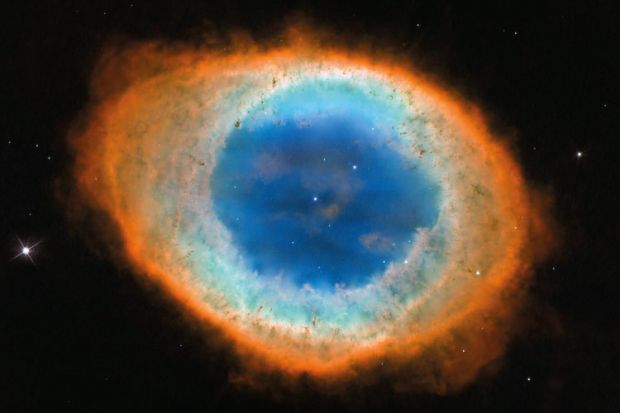A new report looks set to spark fresh debate on the contentious relations between science and faith.
A Global Lab: Religion among Scientists in International Context was launched earlier this month at a conference hosted by the Religion and Public Life Program at Rice University in Texas.
It presents the results of “the most comprehensive cross-national study of scientists’ attitudes toward religion and spirituality ever undertaken”, which was supported by a grant from the Templeton World Charity Foundation. A team of more than a hundred, including “undergraduate students, postdoctoral fellows, subcontractors and research staff members from various backgrounds”, was headed by programme director Elaine Howard Ecklund.
Even the most secular scientists, the authors point out, cannot totally avoid religion, given the obvious facts that “religious students enter scientific disciplines” and that “certain forms of scientific research have religious implications”.
To explore what this means for individuals, the researchers created a “sampling frame” of just over 61,000 scientists in France, Hong Kong, India, Italy, Taiwan, Turkey, the UK and the US, surveyed about 22,500 and got responses from 9,422. They followed up with 609 in-depth interviews.
Because the Bible has little to say about fibre optics or nanotechnology, the researchers deliberately focused on “junior and senior biologists and physicists at universities and research institutes” whose disciplines “offer explanation[s] of the origins of humans and the universe” that can be seen as competing with religious claims.
The broad conclusions of the research were clear. In most places, “scientists are indeed more secular than the general population”. Yet they do not tend to regard science as “a secularizing influence”, with most thinking that “religion and science operate in separate spheres”. Nor do science and religion “generally…seem to be in conflict in the lives of individual scientists”.
This broad picture conceals huge differences between regions.
Only 6 per cent of scientists in Turkey and 11 per cent in India and in Taiwan describe themselves as atheists, as against 35 per cent in the US, 40 per cent in the UK and 51 per cent in France. Attendance at religious services and particularly commitment to prayer vary even more starkly: 63 per cent of the Turkish scientists pray at least once a week, yet in France 82 per cent of scientists do not pray at all.
But within particular countries, are scientists just slightly less religious than their compatriots or do they stand out significantly? Here the figures from Western nations are very striking. In France, three times as many scientists as members of the general public “believe there is no God”; in the UK, the figure is four times, and it climbs to almost seven times in Italy.
Even more dramatic is the situation in the US, where 35 per cent of scientists, compared with 4 per cent of the total population, are non-believers. The researchers speculate that this could be because of the “groups of evangelical Christians…vocal in their opposition of human embryonic stem cell research and the teaching of evolution in public schools”.
Meanwhile, scientists in both the UK and France worry that “Muslim immigrants may pose unique faith-based challenges to science”, while their much more religious Turkish colleagues are still “concerned about the impact of Islam on their developing science infrastructures”.
Along with outputs such as articles and books, “a publicly accessible dataset of project data” should be available by the end of 2017.
POSTSCRIPT:
Print headline: Just how big a problem do scientists have with God?
Register to continue
Why register?
- Registration is free and only takes a moment
- Once registered, you can read 3 articles a month
- Sign up for our newsletter
Subscribe
Or subscribe for unlimited access to:
- Unlimited access to news, views, insights & reviews
- Digital editions
- Digital access to THE’s university and college rankings analysis
Already registered or a current subscriber?





